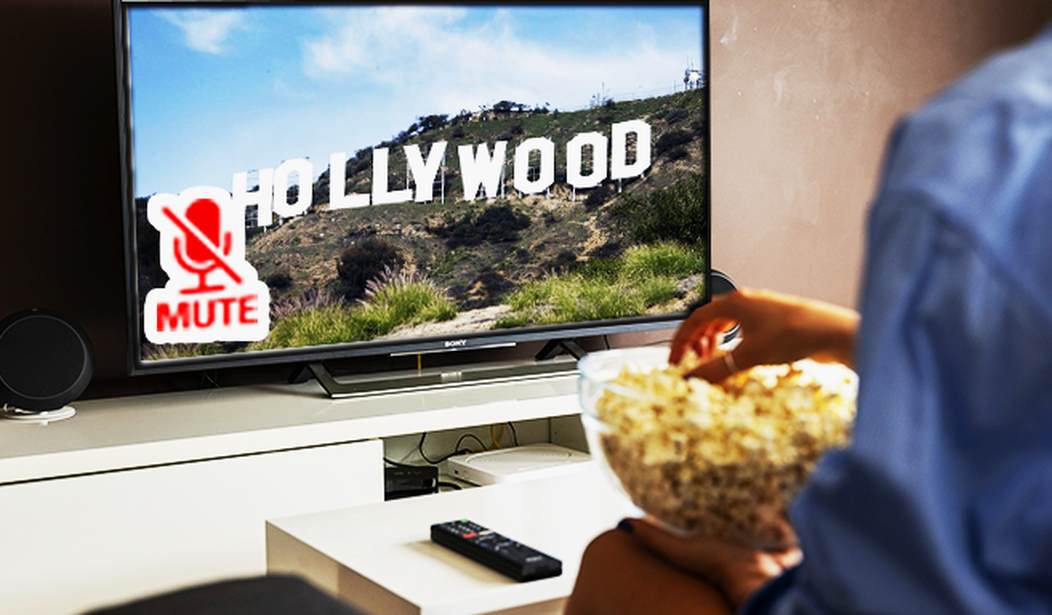I remember some years ago when "Spider-Man: Into the Spiderverse" was available on one of the streaming services I subscribed to. My son and I love the movie, so I was shocked to see that the streaming platform had put it under their "Black Stories" category.
Wait, since when was "Into the Spiderverse" a "black story?"
Sure, the main character is Miles Morales, a biracial teenager who gains the powers of Spider-Man, but does that make it a "black story?" What is a "black story?" The truth is, almost all streaming platforms do this: categorize films with black lead characters as "black stories" as if to suggest the film was created by and solely for the consumption of minority audiences. Perhaps that's not the intention, but that's the message Hollywood seems to be telling us.
And they're sending this message in other ways, too.
According to a recent report from Variety, director and writer Kenya Barris is looking to make "diverse" remakes of the classic films "The Wizard of Oz" and "It's a Wonderful Life" in order to give them "a different point of view."
His version of "The Wizard of Oz" will present Dorothy as a black girl who lives in Inglewood, Calif.
“The original ‘Wizard of Oz’ took place during the Great Depression, and it was about self-reliance and what people were going through,” Barris told Variety. “I think this is the perfect time to switch the characters and talk about what someone imagines their life could be. It’s ultimately a hero’s journey, someone thinks something’s better than where they’re at, and they go and realize that where they’re at is where they should be. I want people to be proud and happy about where they’re from. But I want the world to take a look at it and I hope that will come through.”
He has similar reasons for wanting to remake "It's a Wonderful Life."
“I feel like Christmas movies are amazing, and I think the idea of taking something that has that long of a history and a tale behind it and putting an amazing piece of talent to tell that story,” Barris explained. “It’s a guy who’s trying to help out his community, and things are going to turn around on him. I think that’s the perfect story to tell for a person of color — black or brown — to get into that because our communities have some issues and someone trying to help that community out. I think that’s the perfect vehicle to tell that story from.”
Recommended: Yes, the Body Positivity Movement Is Killing People
Just as I never saw "Into The Spiderverse" as a black story, I never saw either "The Wizard of Oz" or "It's a Wonderful Life" as white stories that are only relevant to white audiences. And what purpose do these so-called "black versions" of classic films serve other than to divide us?
Like singing the so-called black national anthem at sporting events, race-swapped remakes reinforce the idea that nothing is for everyone. Black and white America not only have different national anthems but different entertainment choices, too, it seems. And it's a tragedy the way the left can't stop obsessing about race and dividing us.
And it's probably going to get worse. It seems inevitable that in addition to there being "black versions" of Hollywood classics to cater to black audiences, there will be LGBTQ remakes as well.
What would an LGBTQ version of “It’s a Wonderful Life" look like? I can only imagine the George Bailey equivalent character being transgender and being driven to suicide over being unable to express his gender identity, only to have an angel stop him in the nick of time and then show him what life would be like had he lived as his "true self" instead of being a man. They could call it “It’s a Wonderful Gender."
As much as I say this in jest, I wouldn't be surprised to see it happen.










